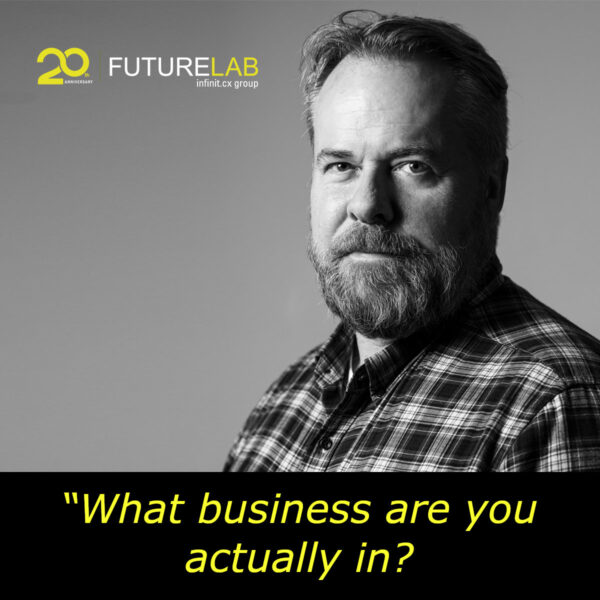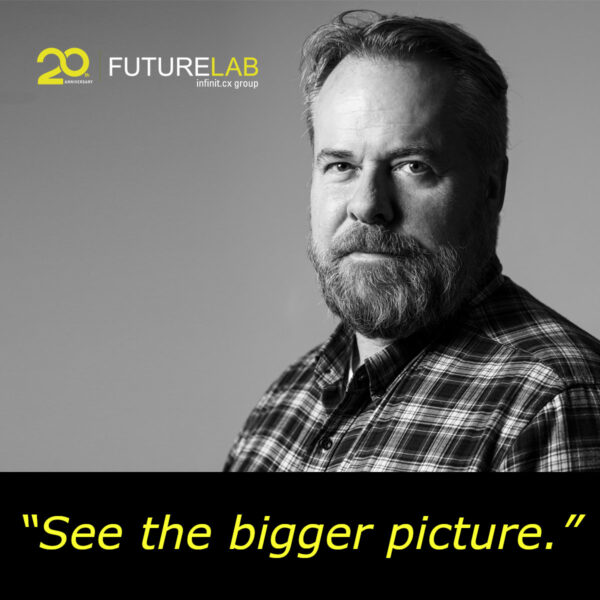by: Lynette Webb
I think this is one of those things that sounds remarkable only because no-one has explicitly said it in so public a forum before – but is a real sign of the times. If I’d read this 5 years ago I’d have thought it was a bit odd; now – to me at least – it just seems commonsense and responsible.
Click image to enlarge.
It’s normal to do a lot of thinking about the choice of name for a baby… considering how it might be abbreviated as a nickname, which family members will be offended/pleased, how it appears visually when written, are there any notorious criminals with the name, etc etc. I bet Google is used in a lot of this research… so it’s not a big leap to think about how your own baby might fare in being able to be found in google in future.
It’s also a nice reminder that there’s different types of search and, as yet, not all are well catered for. At the moment most people tend to stick to the same search tool for all their requests. In future I think things will get more sophisticated… The big search engines will become cleverer at determining the most relevant results, looking beyond the keywords & IP address. We’re already seeing this with the emergence of personal search, based on your past web browsing & search activity (although for many there’s still a slightly scary privacy dimension to this).
Perhaps too we’ll see more specialist search services gaining traction. There have been ‘vertical’ search engines for a while that focus on delivering results with a particular skew (eg: academic articles, industry specific). There are also search tools designed to limit results to particular ‘things’ – eg: epinions for user reviews; froogle (which now seems to have been renamed google product search) to just find things to buy, technorati search of blog comments, etc. There’s even already ‘people search’ tools – eg: LinkedIn, ZoomInfo. And one of the biggest buzzes in search these days seems to be mobile search (closely related to local search)… which entails using contextual information (you’re on a device with tiny screen, in a particular location, it’s a particular time of day, etc) to deliver results that are more relevant.
There’s lots happening. But so far, with the exception of LinkedIn for business contact search, none of these specialist search services have yet been good enough to become my “first port of call”, but perhaps one day they will. The field of search has made amazing advances, but there’s still lots of room for improvement. I’m especially waiting for the arrival of “emotional” search… sort of like how on music services you can say “I feel like listening to something happy and upbeat”, hopefully one day we’ll be able to do the same for all sorts of searches. It’s something that advertisers would love too – imagine being able to advertise in a context where someone had explicitly told you what they were in the mood for!
Image is from Flickr CC thanks to Smart Brother www.flickr.com/photos/smartbrother/13378499/
Quote comes from online.wsj.com/article/SB117856222924394753.html?mod=hpp_… I’ve paraphrased slightly to make it work on the chart, but the meaning is the same.
Original Post: http://www.flickr.com/photos/lynetter/493509964/




